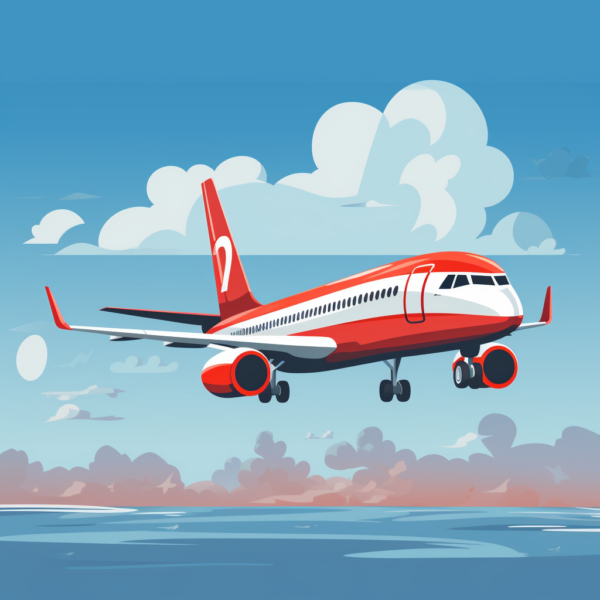Greetings from San Diego International Airport, where I find myself among the many travelers affected by the recent grounding of the Boeing 737 MAX 9 fleet. My flight home to O‘ahu—like hundreds of others—has been cancelled, with the situation prompting me to reflect on the state of air travel across the islands of the United States in the Pacific; specifically, our dependency on a few American-flagged air carriers.
The grounding of these aircraft, following a serious safety incident, has led to significant disruptions in air travel, particularly impacting carriers such as United and Alaska Airlines. These carriers are crucial for our air transportation network to and from Hawaii, Guam, the Commonwealth of the Northern Mariana Islands (CNMI), and other Pacific islands under U.S. jurisdiction. I am confident that many readers with family and friends in the region will have been affected by now by these problems.
The disruption exposes a critical vulnerability in our region’s air transportation infrastructure, which heavily relies on a limited number of U.S. carriers and aircraft types. The current air cabotage laws, restricting foreign carriers from operating domestic routes within the United States and its territories, exacerbate this vulnerability by reducing competition and consumer choice, particularly as they pertain to the region.
Here’s why I believe now is an opportune time to explore political action on air cabotage:
- Increased Public and Political Awareness: The immediate impact of the grounding on passengers and businesses has brought the limitations of our current air transportation network into sharp focus.
- Economic and Social Considerations: Relying on just a few carriers, as dictated by current cabotage laws, can lead to far-reaching economic and social consequences, especially in regions heavily dependent on air travel for connectivity and tourism.
- Unfair Regional Treatment: Frequent travelers in our region can attest to airlines seemingly running roughshod on their customers with various policies, particularly in schedule change situations. This problem appears more prevalent than on the mainland and is likely exacerbated by the limited competition for our skies.
- Opportunity for Policy Reevaluation: The current Boeing crisis presents an opportunity to reevaluate and potentially revise air cabotage regulations, enhancing the resilience and diversity of our air transportation options.
- Exploring Alternatives for Better Connectivity: We have an opportunity to consider alternatives, such as allowing foreign carriers to operate under specific circumstances or establishing new partnerships to improve connectivity.
- Leveraging International Cooperation: This situation could foster dialogue and cooperation at the international level, potentially leading to more balanced agreements that safeguard domestic interests while ensuring efficient and reliable air transport.
The bottom line is that if the U.S. federal government imposes air cabotage rules, it needs to ensure that the Pacific region has safe, competitive, and redundant access to air travel. Currently, the federal government is not fulfilling its part of this critical bargain.
Pacific Broadband is reaching out to its governmental partners in the region to explore possible actions to move forward. Specifically, we envision that a rapid and thorough formal analysis would likely point to a disproportionate impact from the 737 Max failures on the region, due at least partly to air cabotage regulations in force today. As an organization and as residents of the islands, we would be pleased to assist in any way we could to promote this discussion.

